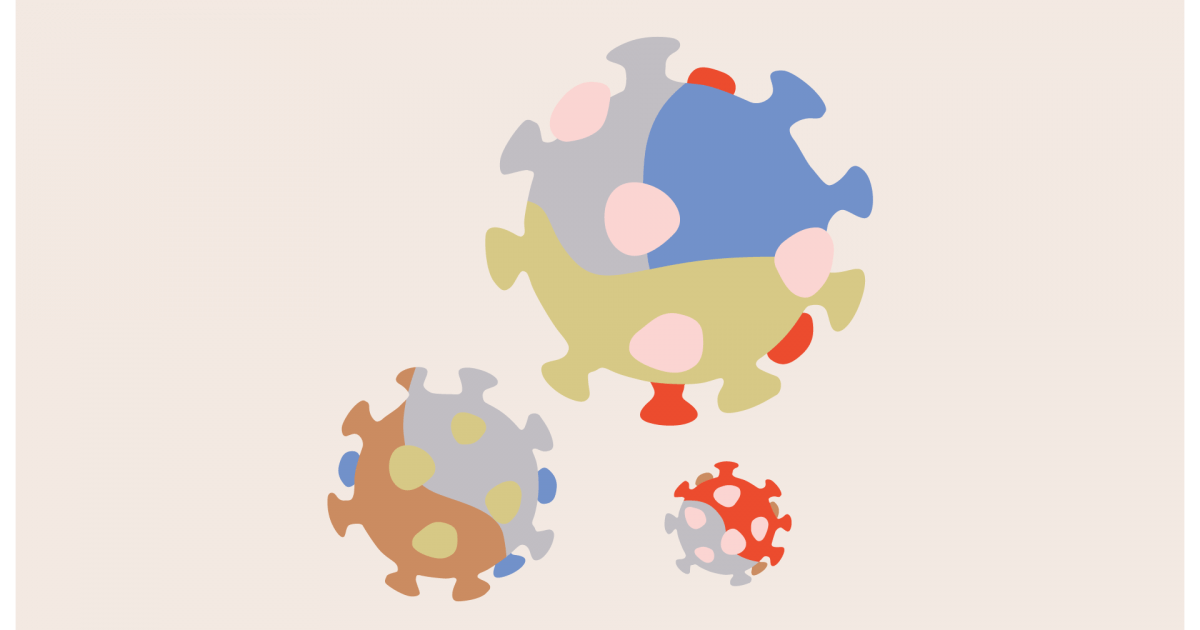Risks for Cancer Patients Who Get COVID-19
- Compared with other cancer patients, people with blood cancer are at higher risk for developing a severe case if they get COVID-19.
- This information will help inform treatment and care for those most vulnerable.
- The new research comes from the U.K. Coronavirus Cancer Monitoring Project and is an important step toward understanding how to protect cancer patients during this pandemic.
Read MoreNew Study: Blood cancer patients had a 57 percent higher risk for developing a severe case if they get COVID-19
Mascarenhas is the director of the Adult Leukemia Program and Leader of Clinical Investigation within the Myeloproliferative Disorders Program at The Tisch Cancer Institute at Mount Sinai. He added, “This data would allow for the implementation of more concentrated measures to reduce risk of COVID-19 infection in leukemia patients,” who spend a lot of time at both inpatient and outpatient visits due to transfusions and blood count monitoring.
Blood Cancer Patients at Higher Risk for Severe COVID-19 Disease
In the new report, the UK Coronavirus Cancer Monitoring Project (UKCCMP) found that blood cancer patients had a 57 percent higher risk for developing a severe case if they get COVID-19. This statistic compared blood cancer patients to those with other cancers; overall, breast cancer patients were found to have the lowest risk.
COVID-19 Forces Oncologists to Rethink Ovarian Cancer Treatment
But the patients with breast cancer or other women’s cancers might have other reasons for those results revealing a lower risk of contracting or dying from COVID-19. “Multivariable analysis showed that this protection was due to patients being women, rather than an inherently lower risk associated with these tumor types,” researchers noted.
Indeed COVID-19 affects women and men differently, although doctors don’t know exactly why. “Social determinants of health” could be behind the disparity, notes Yale School of Medicine, such as smoking or wearing a mask. Research also shows significant differences in the genders’ immune systems.
“It is not readily obvious why having breast cancer would be at lowest risk compared to other cancer subtypes other than the fact that there is an established sex difference,” Mascarenhas explained. “I am not aware that hormonal therapies given to treat breast cancer would be expected to be protective of COVID-19 complications in any way.”
The study also underscored some facts we already knew: that age plays a significant role in the health outcomes of people who get the virus. The highest instance of fatal cases was in patients who were older than 80.
In general, Mascarenhas said, leukemia patients tend to be older and frequently have comorbid conditions that would clearly increase risk of COVID-19. “However, these patients also frequently have cytopenias and impaired immunity due to consequences of the disease,” he further explained, “and therapy that would put them at risk for acquiring COVID-19.”
Ongoing Research on Cancer and the Coronavirus
As the pandemic spread, the UKCCMP formed in response to concern that cancer patients overall may be more vulnerable to COVID-19 and its effects. More than 60 cancer centers across the U.K. have shared data with the group’s database on adult patients with COVID and cancer.
What Do People With Lung Cancer Need to Know About COVID-19?
The group aims its research at figuring out which cancer patients might be more at risk, as a way to help inform medical teams as well as patients on how to best handle their treatments, with a bolstered awareness of risks and benefits. The research also helps provide evidence for hospitals and providers to give safe access to treatment.
“Further studies will need to be conducted to better understand the biological mechanisms inherent to leukemia that puts them at highest risk and tease out which factors are disease related versus host related,” Mascarenhas told SurvivorNet. “Ultimately, developing antiviral interventions that either reduce complications associated with the infection or induce immunity and prevent infection are desperately needed.”
But the new research is an important step in the right direction toward understanding coronavirus and cancer.
Learn more about SurvivorNet's rigorous medical review process.


